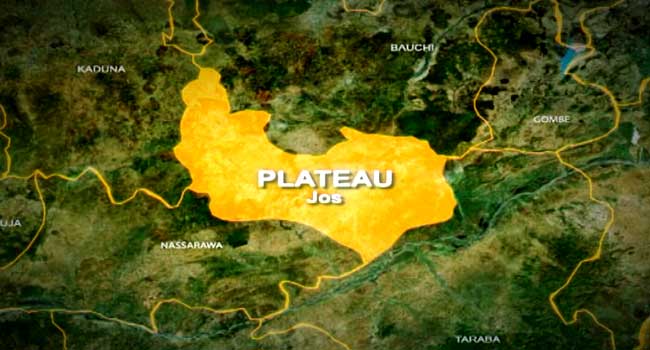Latest Headlines
RENEWED VIOLENCE ON THE PLATEAU

All the major stakeholders could do more to stem the violence
In a resurgence of unprovoked violence, gunmen recently invaded some remote communities in Mangu and Riyom local government areas of Plateau State and killed dozens of innocent men, women, and children. Some houses and churches were also razed while many families are displaced. A disturbed Governor Simon Lalong immediately imposed a curfew and directed security forces to pursue the criminals and to ensure they are arrested, adding that the attack was yet another attempt by crisis merchants to return the state to the dark days of pain and agony.
While we commiserate with the families of victims, violence in Plateau State now constitutes one of Nigeria’s major security threats. Communal clashes over scarce grazing land and water resources have plagued Nigeria’s central region for decades. Benue, and to extent Nasarawa States, are also impacted badly by cattle grazing and bloody disputes between herders and farmers. Since 2001, the once peaceful Plateau State with a glorious wild and wonderful tourism potential, has been embroiled in ruinous and costly communal clashes which has consumed thousands of lives and displaced hundreds of thousand others. At the last count, more than 10,000 lives had been wasted while the local economy is bleeding profusely. The state is a wreck, slipping steadily into decline through self-inflicted savagery.
Plateau State has many ethnic groups, but the clashes are mainly between Muslim Fulani herders and Christian farmers. In August 2021, an attack on Muslims travelling through Jos for a religious event led to the deaths of more than a dozen people. Meanwhile, the violence in Plateau and several other theatres across the country are aggravated by tension over access to land, triggering bloody clashes between nomads and peasant farmers almost on a regular basis. The clashes are also fuelled by the dichotomy between those who consider themselves “indigenes” – the Berom and Irigwe people – and the Fulanis, who are regarded by many as “settlers”. All this have come into play in the never-ending bloody violence in Jos North local government area and some other locations in the state.
As a measure of resolving the crisis, a local special task force, codenamed Operation Safe Haven, has been deployed to the state since 2001, but it has remained largely ineffectual. Government effort at both the federal and state in resolving the crisis has also been half-hearted. They have been unable to decisively address the unfortunate situation by their persistent refusal to confront reality. Security forces have not been of much help as they often arrive scenes of violence after the damage had been done. Indeed, some have been implicated in the past for taking sides. Even community leaders as well as political and religious leaders who ordinarily should help in bringing peace and order are mostly often the ones leading the rhetoric of hate which fuels the cycle of violence.
As we have repeatedly said, the solution to the persistent violence on the Plateau lies in addressing headlong the problem of open grazing. It is time to end indiscriminate grazing of farmlands by cattle in Plateau State, and indeed across the country. Many countries in Africa like Botswana, South Africa, Mozambique, Kenya and Ethiopia have long embraced ranching and it is paying off. It is the trend across the world. There is a crying need for the nation to promote ranching which would allow pastoralists access a large expanse of land for grazing without encroaching on farmers’ land.
In addition, the cycle of violence persists because the perpetrators are always never prosecuted and brought to justice. Last week, the Police said about seven suspects have been arrested because of the latest crisis. That may be the last information about them, and indeed on the recent Mangu mayhem.













